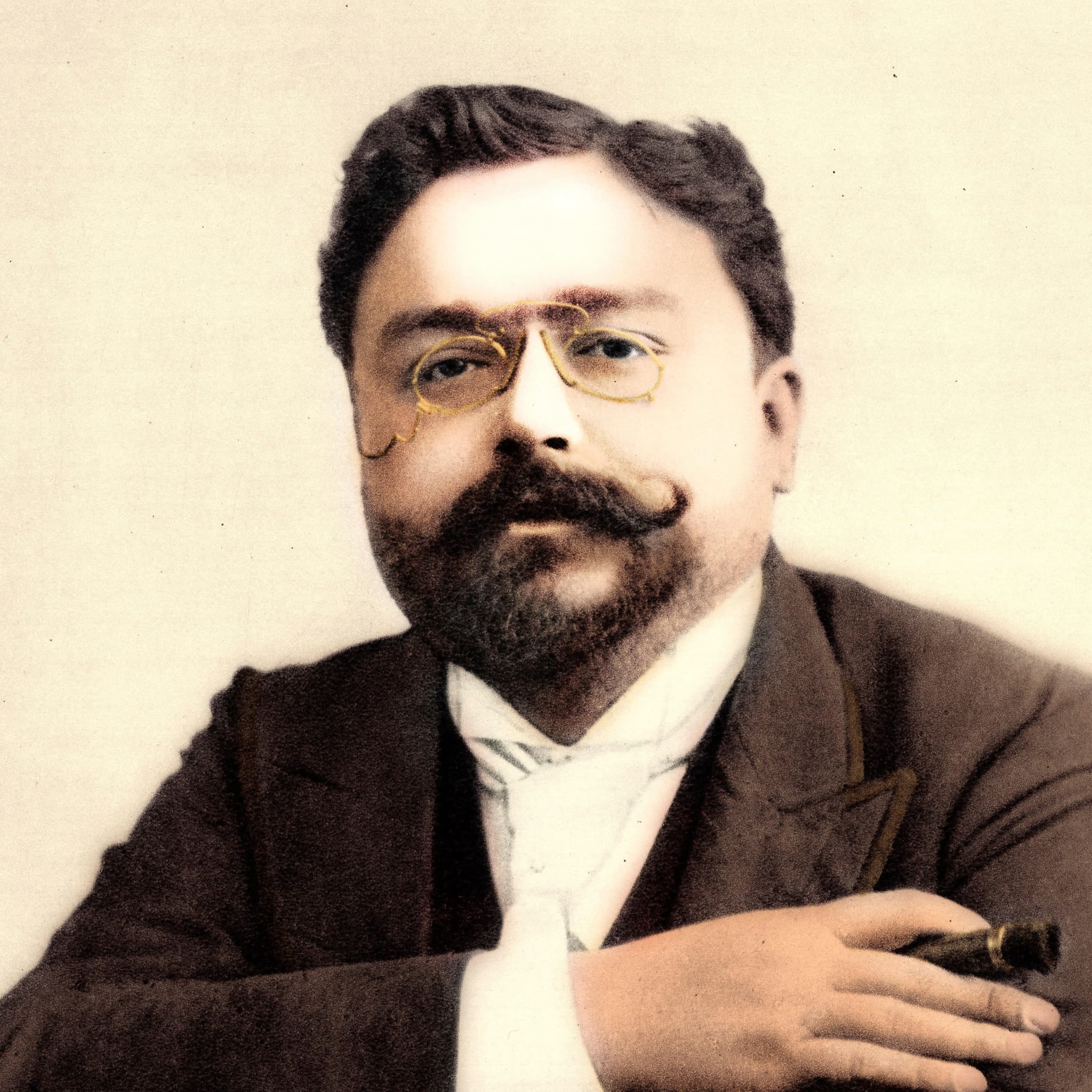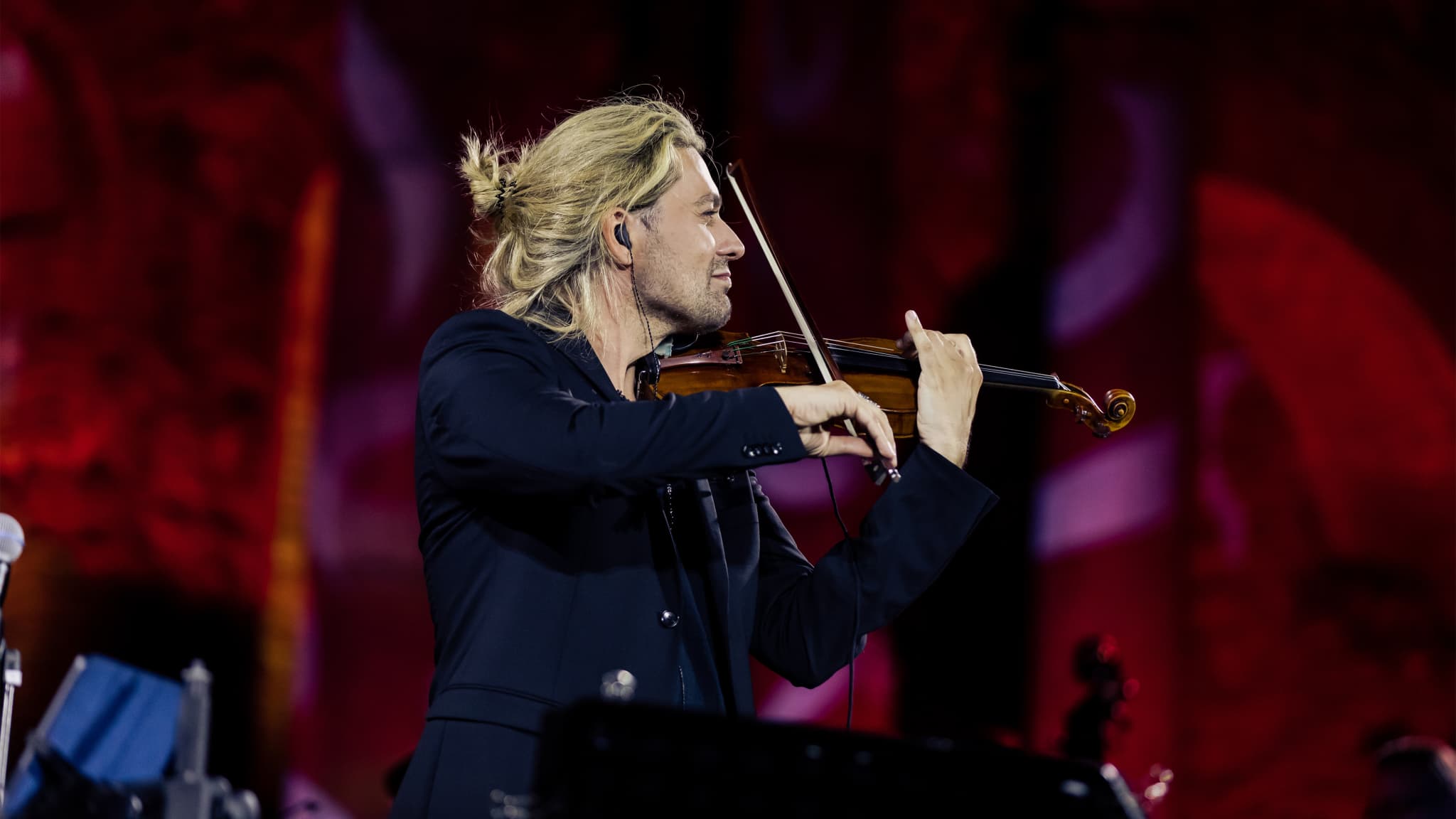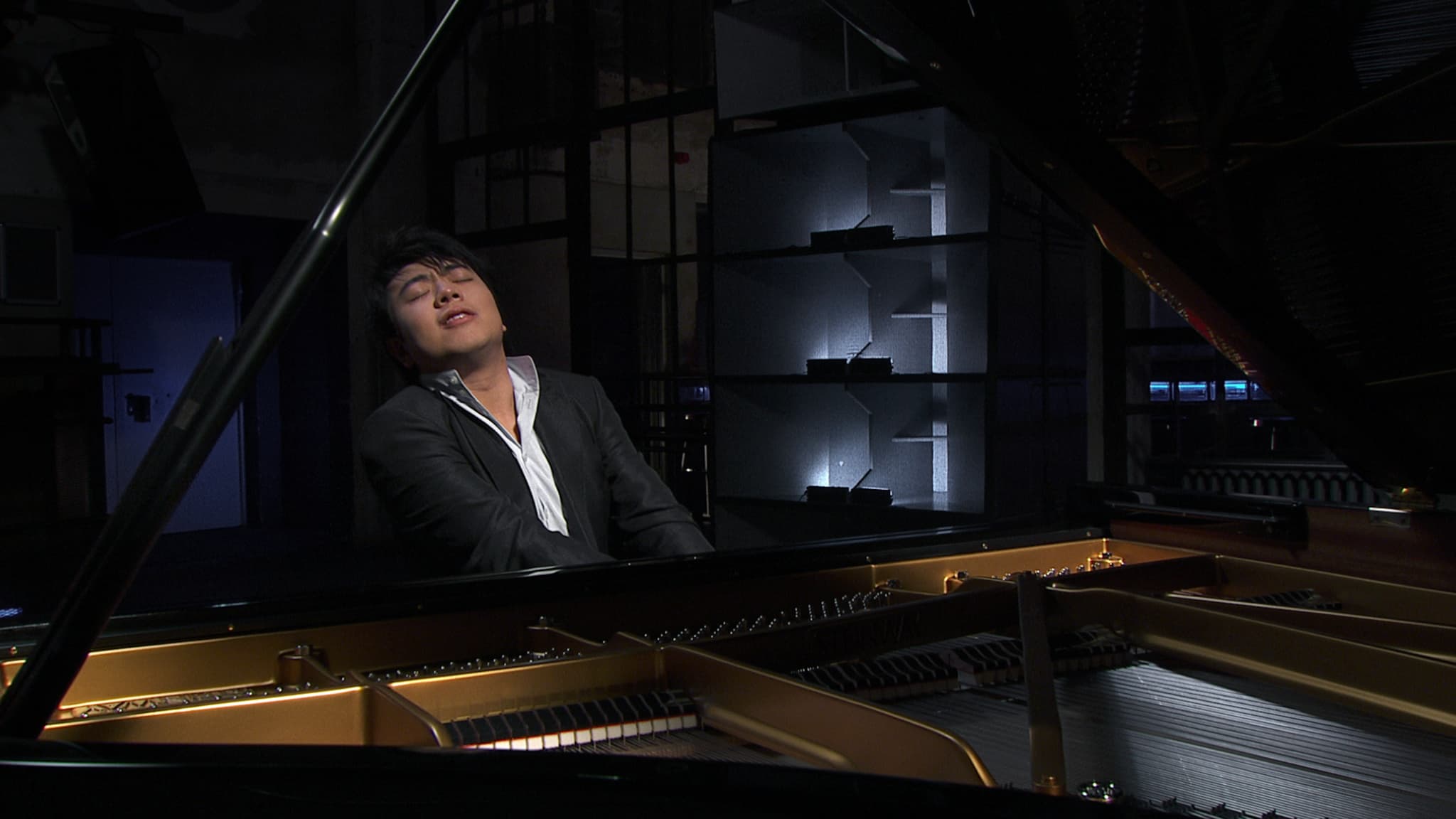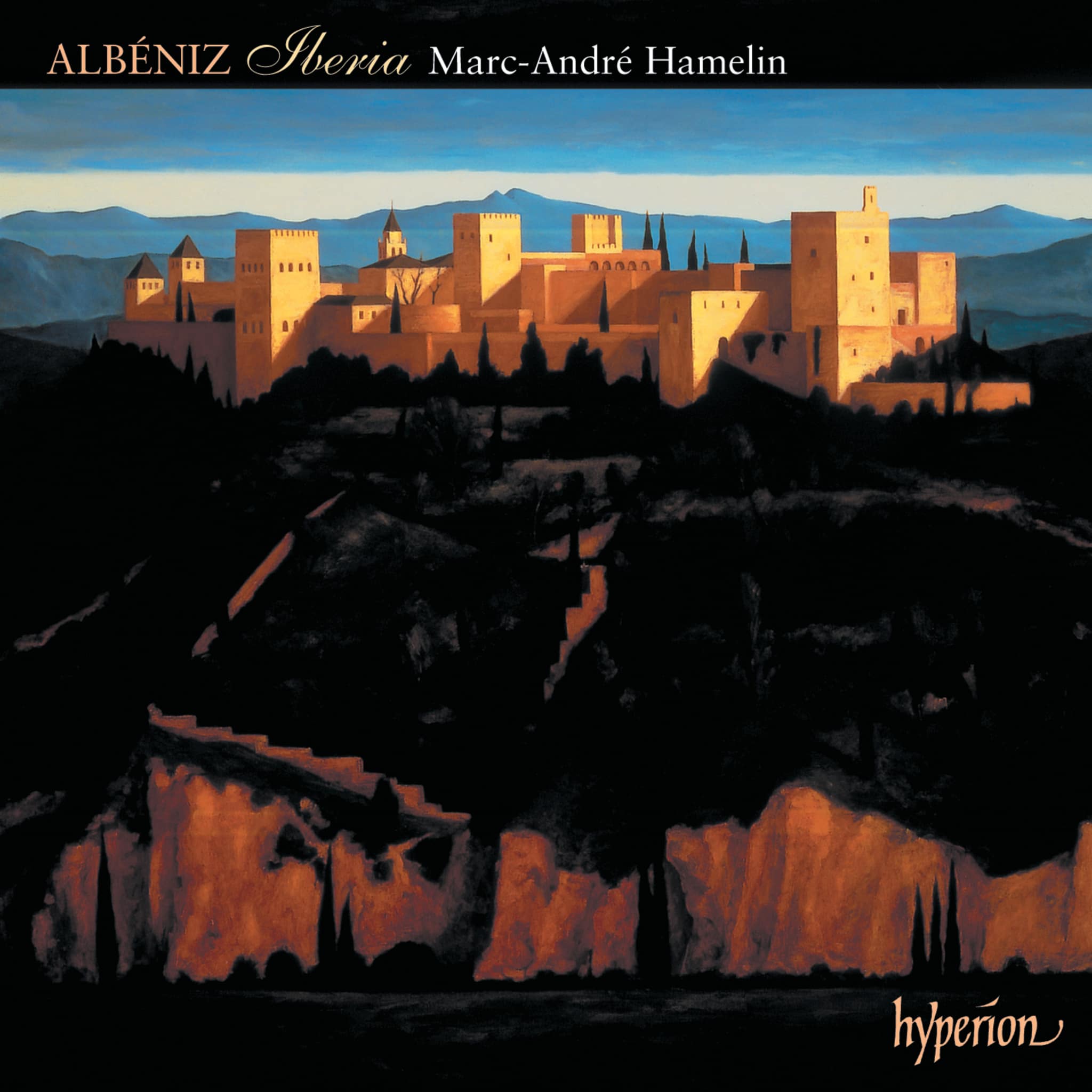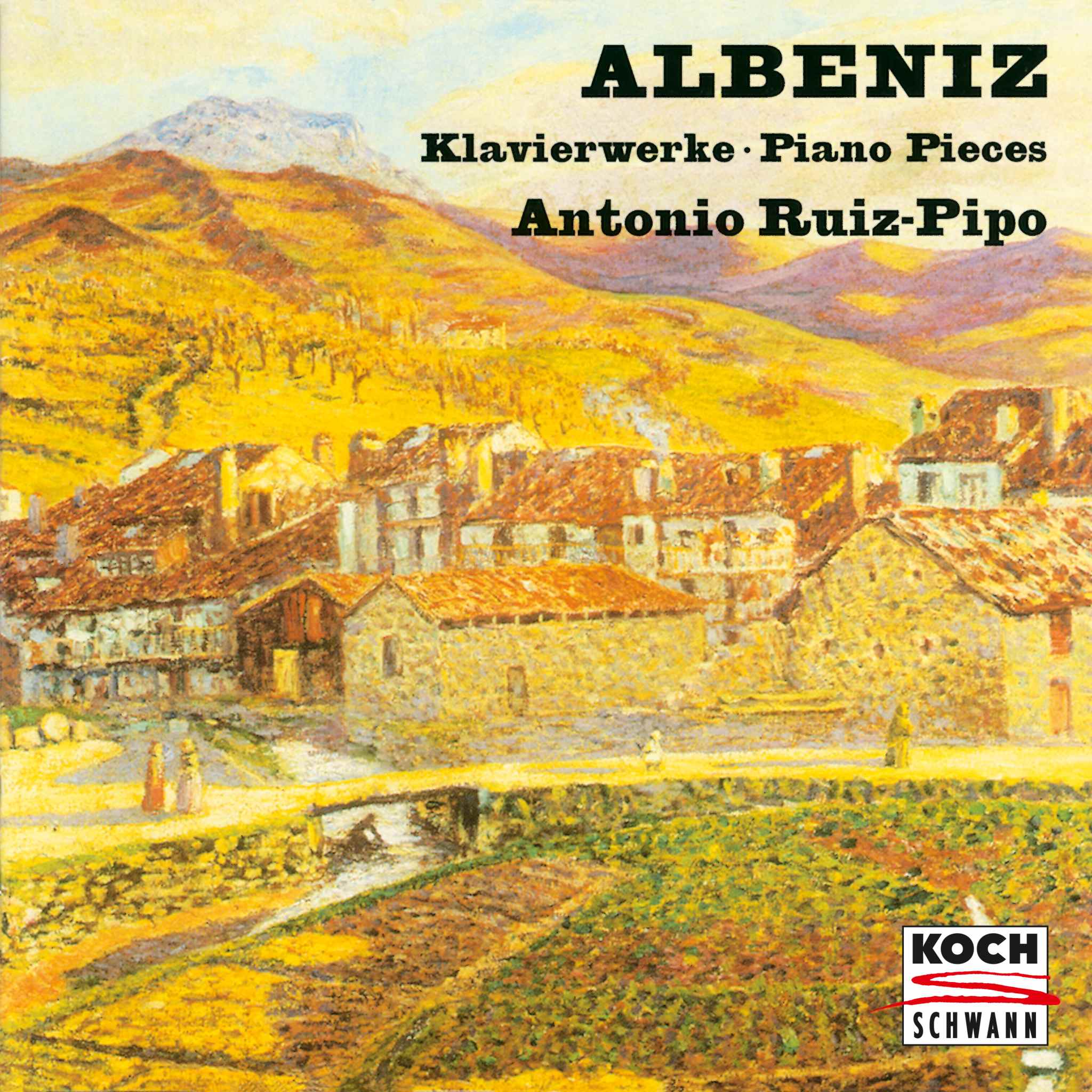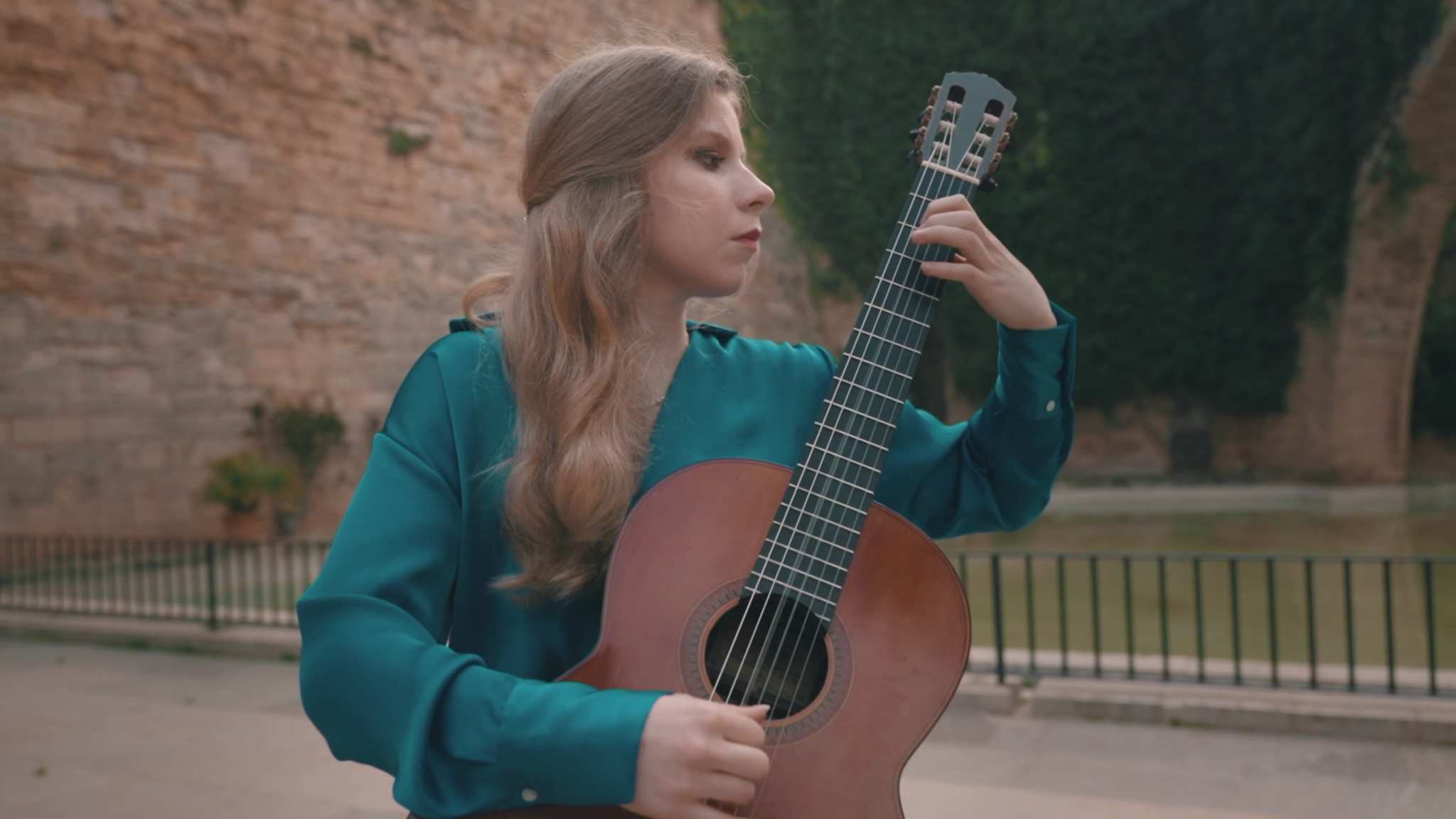Isaac Albéniz: Ein wegweisender spanischer Komponist und Pianist
Isaac Albéniz, eine musikalische Sensation aus dem ruhigen Städtchen Camprodon im Norden Spaniens, erlangte bereits als Wunderkind am Klavier große Berühmtheit. Schon im zarten Alter von vier Jahren zog Albéniz mit seinen erhabenen Klavierdarbietungen internationale Aufmerksamkeit auf sich. Sein Talent blieb nicht unbemerkt; königliche Förderung ermöglichte ihm den Besuch angesehener Konservatorien in Leipzig und Brüssel. Es wird sogar spekuliert, dass er kurze Zeit von dem gefeierten Liszt unterrichtet wurde, dessen Spielweise oft Albéniz' eigenen Soloauftritten ähnelte[1][5].
Frühe Karriere und musikalische Einflüsse
Nach 1883, unter der einfühlsamen Anleitung des spanischen Komponisten Felipe Pedrell, begann Albéniz’ Musik seinen eigenen Klang zu reflektieren. Obwohl Albéniz weiterhin als Klaviervirtuose auf Tournee war und viel Zeit in kulturellen Zentren wie Madrid, London und Paris verbrachte, spiegelten seine Werke zunehmend die reichen musikalischen Traditionen und die Folklore seiner spanischen Heimat wider[5]. Albéniz verwebte meisterhaft die komplexen Rhythmen spanischer Tänze und den tiefgründigen cante jondo Andalusiens in seine Werke, darunter Salonmusik in einem unverkennbar spanischen Idiom, Zarzuelas und Lieder.
Bedeutende Werke und Beiträge
Albéniz’ bekanntestes und einflussreichstes Werk ist zweifellos Iberia (1905–09), eine faszinierende Sammlung von zwölf Klavierstücken. Diese Sammlung, die virtuose romantische Technik mit einer intensiven und zugleich originellen Verarbeitung spanischer Volksmusik verbindet, gilt heute als Maßstab für die musikalische Erneuerung Spaniens im 20. Jahrhundert[3]. Weitere bedeutende Werke sind die Suite Española mit bekannten Stücken wie „Asturias“ sowie Rapsodia Española und Rapsodia Cubana, die Albéniz’ Fähigkeit zeigen, verschiedene Musikkulturen mit spanischen Rhythmen zu verbinden.
Musikalischer Stil und Vermächtnis
Albéniz’ Musik ist geprägt von Klarheit und Zartheit des Tons, häufigen modalen Mischungen, spanischen Rhythmen, schlichten Melodien und chromatischen Verzierungen. Trotz seines frühen Todes hatte Albéniz einen tiefgreifenden Einfluss auf die spanische Musikrenaissance. Seine ursprünglich für Klavier komponierten Werke wurden vielfach für andere Instrumente, insbesondere die Gitarre, bearbeitet, wodurch sein Vermächtnis Musiker und Publikum bis heute inspiriert[1][3][5].
